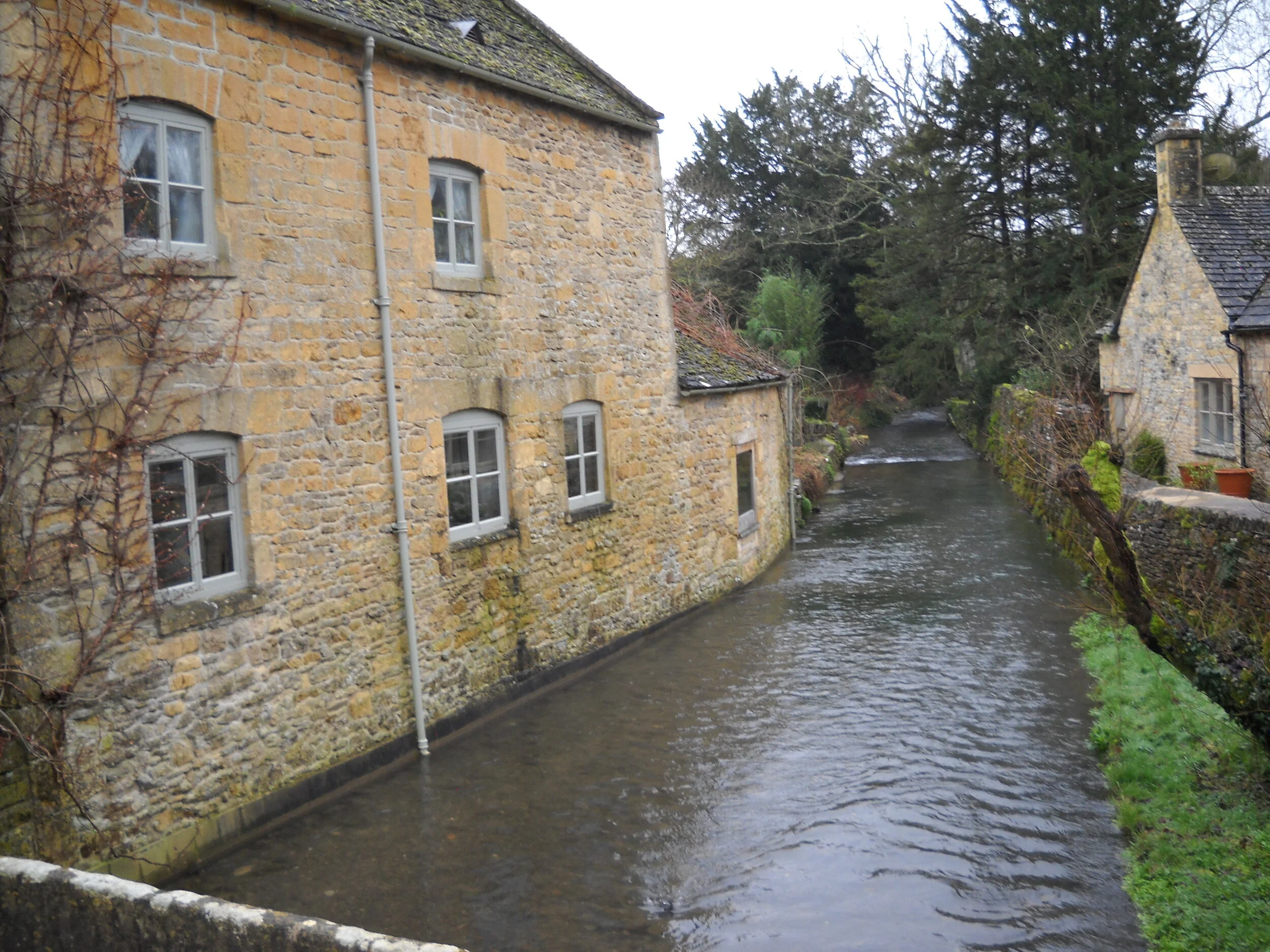Entrepreneurs In Land Development And Land Investing
Good ‘ole entrepreneurial spirit:
Entrepreneurs in business are those who undertake a high amount of risk for a greater potential reward. If we used that as the only criteria, it would be fairly easy to believe that entrepreneurs would be the ideal land development speculators. The same might be said for entrepreneurs as private money investors for land development projects. High risk can = high reward: what better guy than the one that has good ‘ole entrepreneurial spirit? Maybe, but maybe not.
In my experience running a land development company that has been exclusively funded by private money and also having run into many entrepreneurial types getting into raw land development, I believe it’s not enough to just be an entrepreneur because believe me, they don’t all succeed.
Let’s look at this in two parts:
1. Entrepreneurs as actual developers that do the work.
2. Entrepreneurs as private money investors for land development projects.
Obviously there can be overlap because there are many 100% self-funded land developers, but we’ll look at them as separate business interests. Why? Because they are, as we’ll see.
Entrepreneurs as land developers:
This is the speculator that is willing to do the active grunt work to bring the project to life - which is most of us. The entrepreneur mindset is certainly beneficial since there is a ton of risk and uncertainty, along with the potential for great reward. I knew of a younger guy, James, back in the Pacific Northwest that had the true high-risk spirit and was very capable. His career history was one of fantastic success as a self-employed innovator in other industries.
Having succeeded in these businesses, his attention turned to real estate - particularly land development. He was cleaver and connected, so he rounded up some investors, put some money of his own into two medium-sized projects and was off and running. Being super bright and pretty much the smartest guy in any room he was in, he wound up doing ok, but he was absolutely miserable as a land developer and eventually moved on. Why?
His business past was solely as an independent producer. In land development he found that he needed to rely heavily on a team of experts that, quite frankly, he wasn’t all that deadly in leading. Leadership is a tricky thing and there are many different kinds of leadership styles. I believe that in land development the ideal leader is someone who has a natural blend of motivating the group toward a common purpose that improves efficiency and minimizes “do-overs”, along with a General Patton side to kick butt when needed.
General Patton, in WWII, was this type - watch the movie with George C. Scott as an example. He was exemplary in setting the common vision, was personally involved on a daily basis, and didn’t ask anyone to take risk that he wasn’t taking himself. He was a “Field General”, not a pencil pusher, and though he was despised by his group at times he was also deeply respected. James was not cut from that cloth because he was good at dictating and bad at listening, which is not a good leadership recipe. It seems to me that if you are new to anything substantial it’s a pretty good idea to spend as much time listening as you do talking…
The other challenge James had was the entitlement process timeline. His mind-set up front was to be super innovative with his projects and to bring product to the marketplace that had never been done before. I remember commending his thinking, but unfortunately the planning department at the county didn’t really give a damn. Creating a plat submittal and slogging through the approval process is a function of strict rule following.
James was a guy that was way more comfortable thinking “outside the box” and our planning department was an exclusively “inside the box” group. His innovative ideas slowed him and his team down tremendously and he had a lot of do-overs that pretty much evaporated his tricky ideas.
The good news for James was that he finally worked his way through and out of his two projects, but along the way he found that land development was far too much of a slow grind. James was a thoroughbred racehorse, not a pack mule. That’s one reason why I suggest that it’s a good idea for anyone looking to become a land developer to do a self-assessment before anything else.
Here’s a good read on that topic - Is Land Development For Me? https://www.landdevelopmentrealities.com/home/2019/9/26/is-land-development-for-me .
Entrepreneurs as Private Money Investors:
The typical profile of a passive investor in a land development is a guy that has already made his bucks and wants to diversify (or has diversified already) into real estate. Maybe he already owns income producing multifamily units, or other real property assets. In my experience the very best investor in a land development project is the guy that has actually done it before, got his ass kicked once or twice and still wants to do it again!
In many cases land developers will take money from anyone who will pony up the dough, but this is not the best way in my opinion since taking money from anyone places a huge fiduciary responsibility on the taker - Y.O.U.
It’s a good idea to screen the folks you’re taking money from to make sure expectations are in line with truth before you take it. You’re all going to be living with each other for a while in land development and the process of courting and screening potential investors is covered nicely in the following article:
Finding Real Estate Investors: https://www.landdevelopmentrealities.com/home/2019/1/20/finding-real-estate-investors .
What’s it like to work with/for private money investors?
The fast answer is that it depends on who they are, so I’ll describe a couple of mine.
Investor #1:
My first investor was the typical prototype. Was worth about 40 million back in 1988 (when 40 million was a lot of money) and had retired at 50 as a CFO with a private company that had just sold out to a public one. He had plenty of money, zippo debt, loved risk and had owned a lot of real estate in the past, but nothing that produced income. On a lark he bought 9 big pieces totaling 3,800 acres for cash and hired the guy that sold it to him as the Land Development Project Manager. Things went slower than expected, so he hired me to put some high octane into the process in 1993.
Well, once you get into land development there’s only two ways out of it. 1. - Finish the project come hell or high water, or.. 2. Bail out somewhere along the way. Despite my 100 octane twin-turbo push, it took longer than any of us expected to finish the projects, although he did make darn good money
That’s the point about expectations that I made earlier and why I referenced screening investors. This investor made great money, was good to work for but he could never reconcile why the process was so bureaucratic and how much time was “wasted” in getting the projects approved. Despite making fantastic money, he never really felt rewarded simply because he resented the process.
Investor #2:
Investor #2 was a buddy of Investor #1 and that happens a lot with private money. If Guy #1 is doing good, then Guy #2 wants in. Anyway, this investor was crazy rich and hard driven - totally self-made. He was (and probably still is) on the Fortune 500 and Forbes 400 billionaire lists every year.
This was my weirdest investor relationship since I wouldn’t hear from him for years and the all of a sudden my phone would ring. He was very smooth - the conversation always started with “Hi Glen! It’s Joe! How are you? How is the family is doing? What about the kids? How old are they now? Have you been doing any traveling?” etc… Of course as we went through these preliminaries my rectum sphincter muscle would tighten up so much you couldn’t drive a straight pin up it with a sledgehammer.
Eventually we would get around to the projects and he would offer a few suggestions, which to tell you the truth, I didn’t take. Although clever, they were impractical; but that’s what you get with entrepreneur investors that don’t know the complexities of land development. I knew I was ok with him since I was on the good side of a 3 million dollar multiple advance promissory note that he held for funding and I was ahead of the promised payoff. On the other hand, when he got paid off on the note, plus his cut of the 2 projects (which slightly exceeded the projections), he mentioned to me that he thought “Maybe we could have done just a little bit better, what do you think Glen”? … jeez
Note to self:
With entrepreneur private investors you could finish the project in 1/2 the projected time and make 3x the profit projected in the pro forma — BUT, it always comes around to:
“Maybe we could have done just a little bit better!!”
It’s a good idea to remember that. Good luck!






